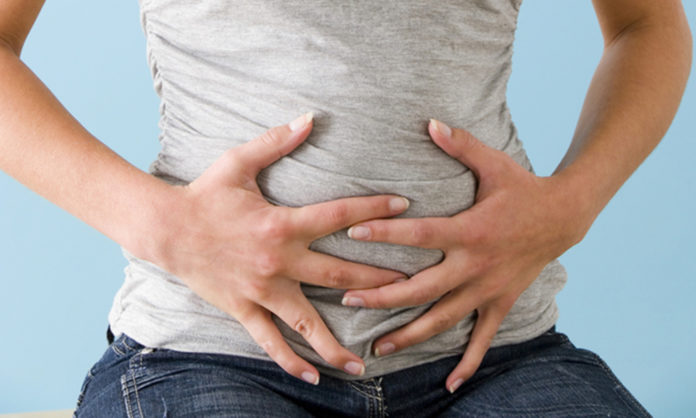Have you ever felt a tightening and heavy feeling within your belly after a meal? The chances are, you have a bloated stomach. Yes, bloating is inevitable but there sure are ways to keep the uncomfortable feeling at bay.
Sometimes, bloating can also be caused by certain health conditions and dietry changes are the way to go to help eliminate the bloated feeling.
Here are some tips that can help you avoid those uncomfortable bloating episodes.
1. Identify The Cause
Bloating can be prevented if you get to the root cause of it. Once gases like oxygen, carbon dioxide, nitrogen, and methane are introduced into your gut by swallowing air and the fermentation of foods in your large intestine, the gut can be bloated. Identifying the triggers can help you rule out the possible causes.
Food intolerance, such as lactose or fructose intolerance, swallowing excess air, increased fluid in your bowels, constipation, and imbalances in your gut microbiome or the ecosystem of bacteria living in your gut are some of the reasons behind bloating.
Furthermore, stress, anxiety, high-fat meals, weight gain, and changes during the menstrual cycle are linked to bloating. However, medical conditions including malabsorption syndromes, bowel obstruction, liver disease, or cancer can also be the cause behind it. If you have chronic bloating, it’s important to seek medical advice to treat the underlying cause.

2. Eat Food That Prevents Bloating
Non-digestible or poorly digestible compounds can lead to a bloated stomach. Fibers, sugar, and alcohol fall into the same category. Some foods, such as sugar, alcohol, artificial sweeteners, legumes, and high-fiber veggies and fruits, contain large amounts of non-digestible compounds that may lead to bloating. Limiting your intake of these foods may alleviate this condition.
3. Eat Smaller Meals
Always chew your food properly. This will reduce the amount of air you swallow with the food, as it can help you to eat slower. Opt for several small meals throughout the day to reduce the chances of a bloated belly.

Read More: Magic Mushroom May Ease Depression Used With Therapy
4. Avoid Salt
An extra salty meal can increase water retention in the body leading to bloating. While your salt shaker can cause a plethora of health problems including high blood pressure. However, it can also cause something as simple can be avoided easily.
5. Watchout For Lactose Intolerance
Lactose intolerance is more common than we perceive it to be and if you can digest dairy it’s time to get it checked. Lactose intolerance is a common condition that causes multiple digestive symptoms, including bloating. If you’re lactose intolerant, it’s best to avoid or limit dairy products. However, it’s best to consult your doctor before eliminating a good source of calcium and vitamins.

6. Go For A Walk
Working out can also reduce the gas buildup that contributes to bloating. A short walk can alleviate bloating after a meal if you’re up for it.
Read More: How To Train Yourself To Go To Sleep Early
7. Avoid Soda
Sugars or artificial sweeteners in the diet can lead to gas and bloating. Try to drink water instead of sodas as it can help treat constipation as well. The carbon dioxide within the soda also cause bloating in the stomach.
Stay tuned to Brandsynario for the latest news and updates.







































